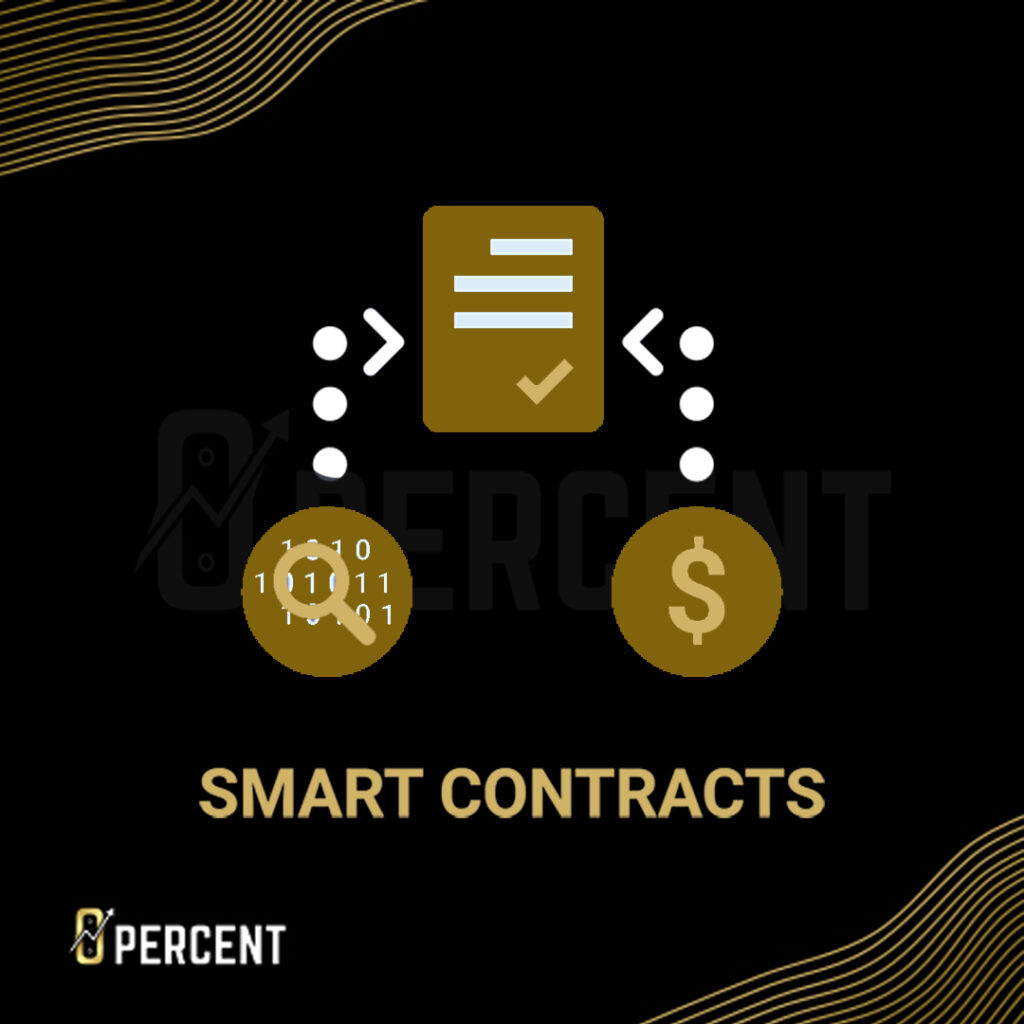
Jeff Sekinger
Jeff Sekinger Founder & CEO, 0 Percent Who is Jeff Sekinger? Visionary Trailblazer Sekinger has been in the financial industry for over a decade. Starting
A relatively recent innovation from the blockchain industry, smart contracts are an exciting emerging tech that have the potential to revolutionize transactions of every stripe — from real estate purchases to eCommerce to healthcare. Smart contracts are self-executing contracts, with the terms of the agreement written directly into its lines of code. These electronic contracts are stored and replicated on a blockchain platform, most notably the Ethereum blockchain, and are designed to streamline, facilitate, verify and enforce the terms of the contract. For example, let’s imagine you want to purchase an old VHS player from a seller on eBay. If that purchase is being made via a smart contract, then the exchange of VHS players for money would be built into the contract. If it is agreed that the payment will be submitted once the seller has dropped off the VHS player at the post office, then the money which would have been held in escrow will be paid to the seller upon drop off. This enables transactions to occur without need for each party to trust the other. A simplistic example, this process can be extrapolated to more complicated and important transactions, notably in the fintech sector.

One of the main ways smart contracts will affect fintech is by reducing the need for intermediaries and increasing efficiency, as well as reducing the need for trust. Smart contracts by their nature automate and streamline transactions by negotiating and executing contracts, which can reduce the need for outside intermediaries such as lawyers and banks. This can streamline the process of conducting financial transactions and reduce the time and costs involved.
Another way smart contracts are integrating with and changing the face of fintech is by increasing transparency and reducing the risk of fraud. Smart contracts are stored on a blockchain, or a decentralized public ledger, which makes them transparent and publicly visible — and verifiable. This helps to recuse fraud and increase trust in the scope of financial transactions. Furthermore, due to the nature of smart contracts, each step of the contract can unfold if and only if the previous step has been successfully completed, like in the example of the buyer and seller on eBay.
While smart contracts hold immense potential to change fintech and other sectors forever, they also carry challenges that need to be addressed along the way, especially within fintech. One of these major challenges is regulation. Because smart contracts are still relatively new, there are many legal and regulatory gray areas which adds a baseline of uncertainty — something smart contracts inherently seek to eliminate.
Smart contracts carry an immense amount of potential, and are one of the most exciting new developments out of the blockchain industry. From increasing efficiency to reducing the need for all-party trust, smart contracts may change the way we interact with each other when conducting any type of transaction. Over time, we will see how this space will unfold and how it will be integrated into our everyday lives.

Jeff Sekinger Founder & CEO, 0 Percent Who is Jeff Sekinger? Visionary Trailblazer Sekinger has been in the financial industry for over a decade. Starting

Angel Alvarez Funding, 0 Percent Who is Angel Alvarez? From SpaceX to 0 Percent Angel is a remarkably well rounded individual who has had a

Abhay AnandProduct, 0 Percent Who is Abhay Anand? Title One Test Title Two Test Test
Sign up to receive news & updates!
Sign up to receive news & updates!